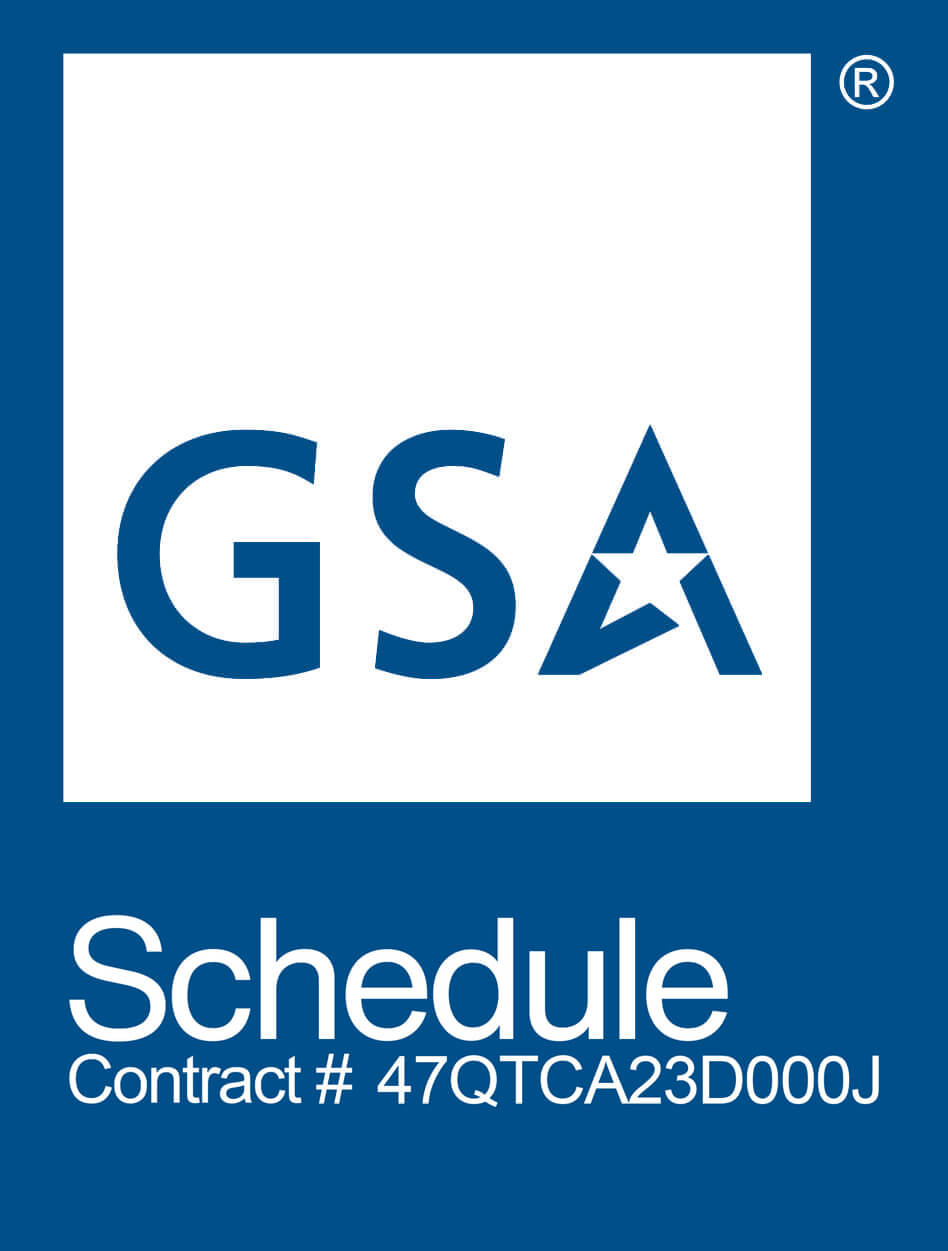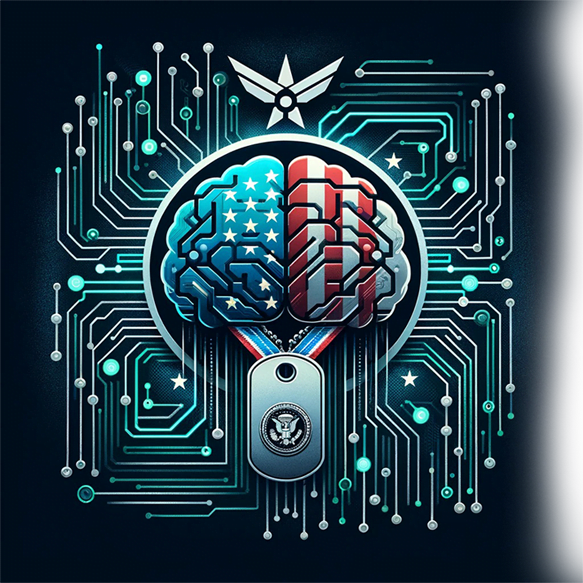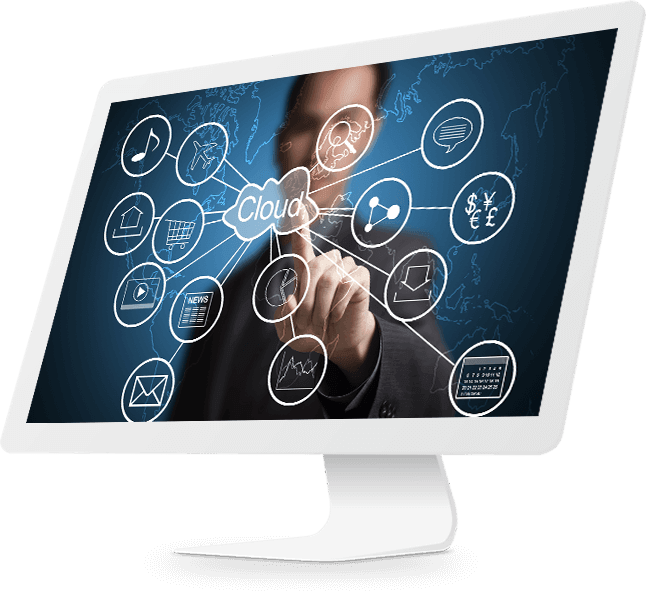
Cloud Software Development
Today, many companies use monolithic architecture in the cloud. Handling these applications is easy in the beginning. However, once the applications lead to the formation of a massive dataset and contain a large amount of code, agility issues emerge in no time.
An outdated monolithic application can limit the adoption of ownership culture and accountability that organizations should foster. When it comes to monoliths, distributing ownership of the application’s components can be tricky among the team. Being unresponsive and slow, with infinite dependencies, is undesired for contemporary cloud software development. So, how do microservices offer an advantage?
By implementing a divide and conquer approach, microservices clearly split complex applications into components that a single team can work with and own on an independent level. On the flip side, a monolithic application forces all its components to be interconnected. The major risk here is that the complete system is vulnerable – if a single part fails, it can cause the entire system to fail.
Creating an application from multiple autonomous components makes a difference. All the services are isolated from each other so the other faults do not disrupt the remaining components in the system. This means that issues can be resolved without impacting the application’s deployment.
Benefits of Microservices
With CCT’s help, you can enjoy the following benefits:
Increased Resilience
Microservices make it possible to decentralize your applications and decouple them into services, acting as independent entities. Therefore, a single failure has minimal impact.
We use high-level tools like Kubernetes to manage microservice, so there is no cause of concern when a service fails. In this way, another service can easily replace it for the time being. Meanwhile, the user experience for the end-user remains the same.
Besides, microservices lend credibility to keeping things simple (KISS principle), minimizing the number of failures considerably.
Service-Disabled Veteran-Owned Small Business (SDVOSB)
Small Disadvantaged Business (SDB)
Small Disadvantaged Business leads to enhanced innovation and creativity, as these businesses often offer unique perspectives and solutions shaped by their diverse backgrounds. Moreover, partnering with Small Disadvantaged Business can provide access to specialized skills and capabilities that might otherwise be overlooked, contributing to improved competitiveness and efficiency.

Transforming for Innovation, Sustainability and Security
Transforming for Innovation and Sustainability securing future competitive advantage
Improved Scalability
Scalability is critical for microservices. For many businesses, it is the primary motivation to adopt a microservices architecture for cloud software development. Each service acts as an independent component. As a result, components can scale with tools, such as Kubernetes with ease. In addition, microservices save you from scaling your entire application. Scale only the service that you believe is in higher demand. In this way, companies can save a large amount of money.
In a nutshell, microservices provide increased performance and availability without affecting other services.
Faster Time to Market
A microservices architecture brings flexibility to the table. It can help your developers update a service’s behavior without rewriting too much code. This is one of the core advantages of decoupling your services. Additionally, you can develop and deploy new functionality quickly in this architecture.
Continuous Delivery
Microservices can make your CI/CD pipeline more efficient. As a result, agility increases. Microservices enable developers to work on the same service at the same time, which is in stark contrast to the monolithic way of working on server-side logic, UI, database, and other elements at once.
Testing a new microservice functionality is easy because you no longer have to tackle writing complex integration tests for your monolithic applications. Instead, you can pay attention to simple tests, which can be rapidly deployed via CI/CD pipeline.
CCT’s Approach for Cloud Software Development
CCT will define a microservices setup for your organization based on the application components that are autonomous in nature. These standalone applications interact with each other through RESTful services, push messaging, and remote method invocation (RMI).
While developing microservices, we identify the suitable independent components at first. These components are similar to mini applications, which are developed separately. Each of them has their unique development and deployment growth.
Our cloud software systems encompass several critical components that are deployed through their own mini applications. A single request is applied when data is required from multiple components. An API front controller/gateway computes data from different components and feed them accordingly. We also create an inter-component communication system, powering components to communicate with a vast array of protocols.
So, which language is the best for microservices? We have been helping our clients develop cloud software with the following.
Golang
Golang is a popular option for creating microservices. It can withstand heavy workloads, empowering developers to build applications with high-loaded services. Your developers can adapt to it easily due to its simple and logical syntax.
Concurrency support and speed in Go is exceptional. In this way, you can enhance the efficiency of working with multiple machines and cores. Additionally, Golang offers a robust standard library for building website services.
Java
Java has been one of the most popular languages in the last few years. This popularity is owed to Java’s exemplary range of resources, community, and libraries. Besides, you can easily find Java developers and there are several cloud service providers, such as CCT who can scale microservices with Java.
Java is an excellent language for microservices, thanks to its annotation syntax. Readability is important for complex systems.
Moreover, the JVM is a terrific platform that offers developers opportunities to utilize different types of languages. For instance, you can build Gradle with Groovy.
Python
Python is versatile. It enables developers to write indented code, allows experimentation, and, more importantly, your team can easily learn it for cloud software development.
We can help you build a wide range of applications from complex and large object-oriented systems that cater to millions of users to simple system scripts that perform tasks on a server.
Let our cloud engineers introduce Python to your workspace. Your team can think clearly during code. Therefore, maintaining code is easier than ever, whereas the product maintenance costs are also minimized.
Want help with cloud software development? Get in touch with us right now.
Generative AI Software Integration
What clients say about Cloud Computing Technologies














